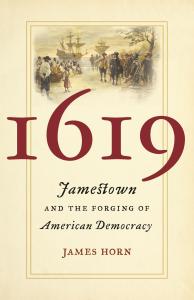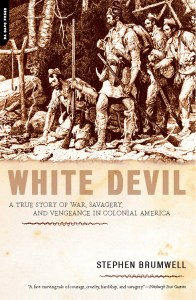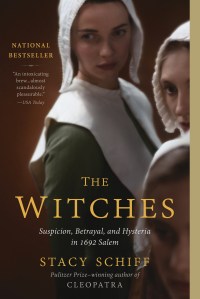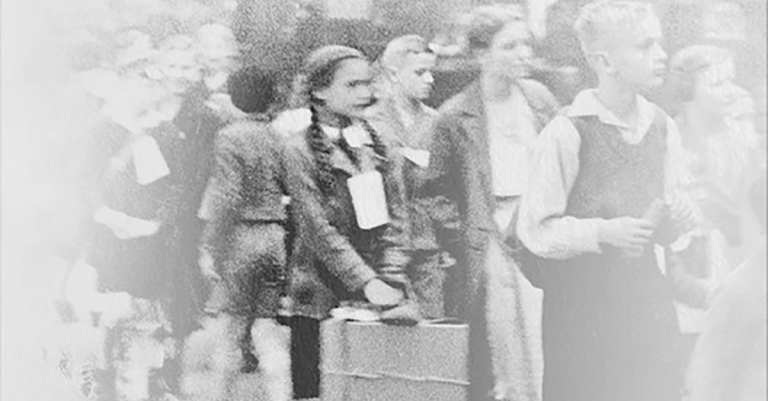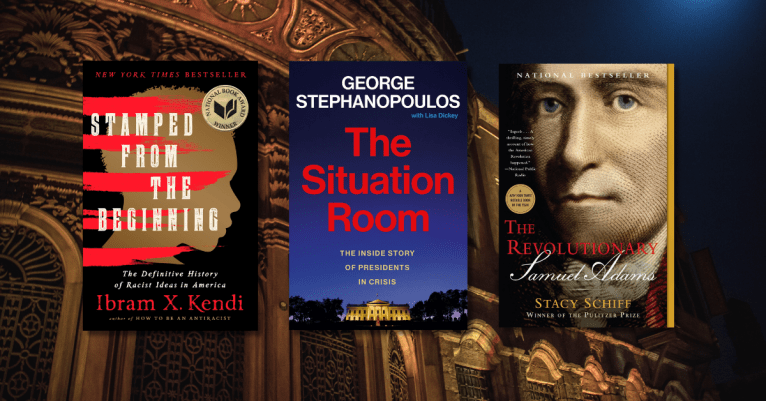Tales of Early America
When you think of early America, you likely picture happy connections between colonizers and Native Americans, like the Disney story of Pocahontas. Or perhaps you picture victorious images from the Revolutionary War. But there’s so much more to colonial America and its stories. Alongside the heroics of war and the foundation of democracy were horrible atrocities. The slaughter of Native Americans. The arrival of African slaves. The colonizers who went missing. The Salem Witch Trials. The following books tell the true stories of these powerful historical events.
James Horn's 1619 is the essential history of colonial America. It was the year democracy and slavery came together in Virginia to shape the country that would become the United States of America. In the summer of 1619, the General Assembly—the first gathering of a representative governing group in America—met; a few weeks later, a battered ship arrived carrying the first African slaves. Horn's focus is on that precise paradox of America: horrific slavery amid joyous freedom.
In 1587, John White and 117 others were trying to build their own colony on Roanoke Island, but things were proving difficult. After a month, with diminishing supplies and unfriendly Native Americans who didn't welcome the colonizers, White went back to England for help. When he returned to the island, ready to rescue his fellow colonists—his friends, his family—they were nowhere to be found. In A Kingdom Strange, historian James Horn dives into new archival materials to piece together the story of what really happened to the Roanoke colonists and their descendants.
Stephen Brumwell's White Devil is the story of colonial America's first major conflict: the French and Indian War. France and England, in alliance with Native American tribes, fought in numerous brutal battles and raids, including the massacre of the British garrison of Fort William Henry. In retaliation for that battle, the Major Robert Rogers and his men surprised the Abenaki Indian village of St. Francis, slaughtering its inhabitants while they slept. The white men, of course, were heralded as heroes by their fellow colonists. The Abenakis, however, referred to Rogers as the Wobomagonda—White Devil. This is their story.
The Salem Witch Trials are a facet of the only moment in American history—aside from the Suffrage Movement—where women played the central role. Stacy Schiff's The Witches is a deep, historical look at that time in America that began in 1692 in Massachusetts, when a minister's daughter was screaming and convulsing. The panic of witches spread quickly and some of the most educated and prominent leaders were at the center of the chaos. Less than a year later, 19 men and women had been hanged.
What to Read Next
Ashley Holstrom is a book person, designing them and writing about them for Book Riot. She lives near Chicago with her cat named after Hemingway and her bookshelves organized by color.
